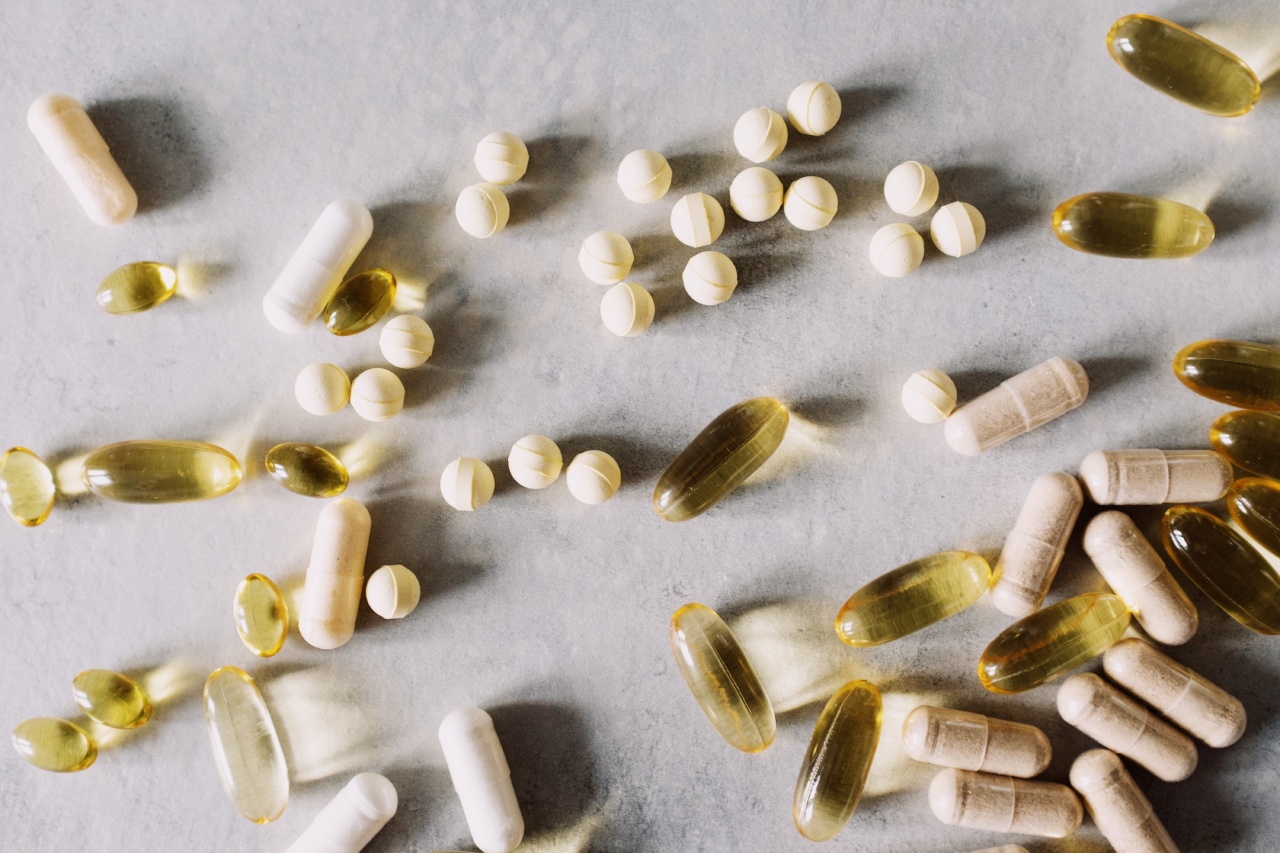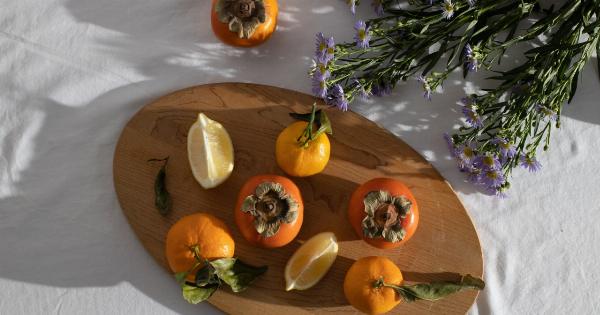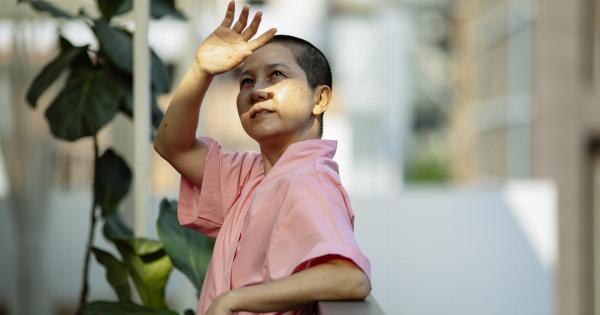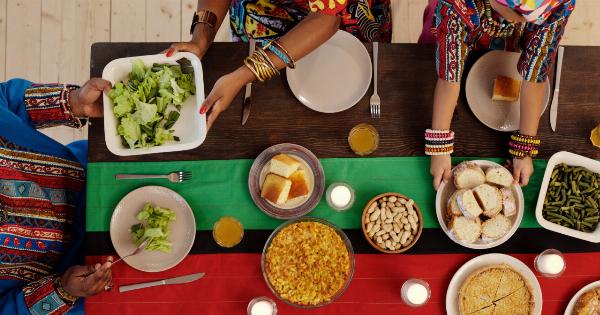Cancer is a disease that results from abnormal cell growth in the body. There are different types of cancer, and they all have different risk factors and prevention measures. One of the prevention measures is diet.
It’s important to know if your current diet is helping to prevent cancer or not. In this article, we’ll discuss the link between diet and cancer, and give you tips on how to improve your diet to prevent cancer.
What is Cancer?
Cancer is a group of diseases characterized by the abnormal growth of cells in the body. These abnormal cells form tumors that can invade nearby tissues and spread to other parts of the body.
There are over 100 different types of cancer, and they can affect any part of the body.
What Causes Cancer?
Cancer is caused by genetic mutations that occur in cells. These mutations can be caused by a variety of factors, including:.
- Exposure to carcinogens, such as tobacco smoke, radiation, and chemicals
- A weakened immune system
- Inherited gene mutations
- Age
- Lifestyle factors, such as diet and physical activity
The Link Between Diet and Cancer
Diet is one of the lifestyle factors that can affect your risk of developing cancer. A healthy diet can help prevent cancer, while an unhealthy diet can increase your risk.
A diet that is high in fruits, vegetables, whole grains, and lean protein is ideal for cancer prevention, while a diet that is high in processed foods, red meat, and saturated fat is not.
Anti-Cancer Foods
Here are some of the foods that have been shown to have anti-cancer properties:.
- Fruits and vegetables: These are rich in vitamins, minerals, and antioxidants, which can help prevent cell damage that can lead to cancer. Some of the best cancer-fighting fruits and vegetables include berries, cruciferous vegetables (such as broccoli, cauliflower, and Brussels sprouts), leafy greens, and citrus fruits.
- Whole grains: Whole grains are high in fiber, which can help reduce your risk of colon cancer. Some examples of whole grains include whole wheat, oats, and brown rice.
- Lean protein: Fish, poultry, and beans are good sources of lean protein, which can help you maintain a healthy weight and reduce your risk of cancer.
- Herbs and spices: Many herbs and spices have anti-cancer properties. Some of the best include turmeric, garlic, and ginger.
Cancer-Causing Foods
Here are some of the foods that may increase your risk of developing cancer:.
- Processed meats: Processed meats such as bacon, sausage, and hot dogs are high in nitrates and other chemicals that can increase your risk of colon and stomach cancer.
- Red meat: Red meat is high in saturated fat, which can increase your risk of colon cancer. Limit your intake of red meat to no more than three servings per week.
- Sugar: Sugar can contribute to obesity, which is a risk factor for many types of cancer. Limit your intake of sugar-sweetened beverages and foods.
- Alcohol: Consuming alcohol can increase your risk of developing several types of cancer, including breast, liver, and esophageal cancer. Limit your intake to no more than one drink per day for women and two drinks per day for men.
Other Tips for Preventing Cancer
In addition to eating a healthy diet, there are other things you can do to reduce your risk of developing cancer:.
- Exercise regularly: Aim for at least 30 minutes of moderate-intensity exercise most days of the week.
- Don’t smoke: Smoking is the leading cause of preventable death worldwide.
- Stay sun-safe: Protect your skin from the sun’s harmful UV rays by wearing protective clothing and using sunscreen.
- Get screened: Follow your doctor’s recommendations for cancer screenings, such as mammograms and colonoscopies.
Conclusion
Your diet plays an important role in preventing cancer. Eating a healthy diet that is rich in fruits, vegetables, whole grains, and lean protein can help reduce your risk of developing cancer.
On the other hand, a diet that is high in processed foods, red meat, and saturated fat can increase your risk. In addition to a healthy diet, it’s important to exercise regularly, avoid smoking, protect your skin from the sun, and get screened for cancer.
By making these lifestyle changes, you can reduce your risk of developing cancer and live a healthier life.





























